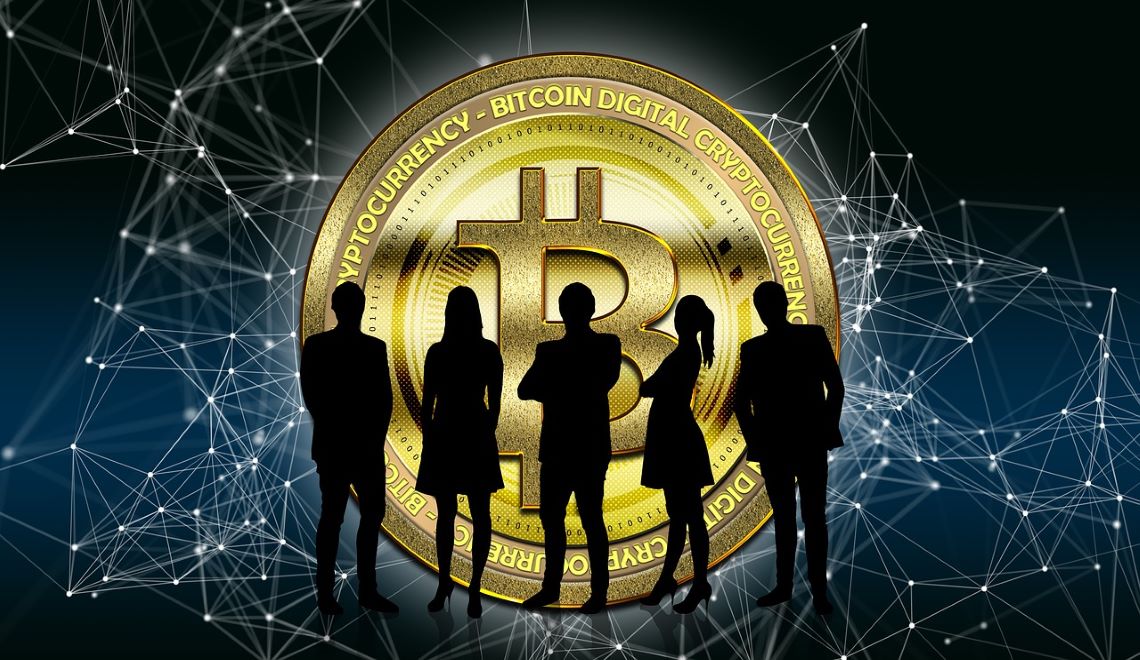TL;DR Breakdown
- According to an NBER study, Bitcoin’s adoption in El Salvador has hit a snag.
- The study indicates that Salvadoran citizens do not trust the government or digital currency.
In recent months, El Salvador has been a hotbed for cryptocurrency adoption. As a result, it may come as a surprise that a new survey found that Bitcoin has failed to take hold in the nation. Despite this, certain entrepreneurs remain confident that BTC will catch on in the long run.
Bitcoin struggles to take off in El Salvador
In September 2021, El Salvador became the first country in the world to allow users to use Bitcoin in all transactions alongside the US dollar. The choice resulted in large-scale demonstrations due to concerns it would cause economic instability and inflation in Latin America’s impoverished nation.
Furthermore, the international community, including the United States and the IMF, has urged El Salvador’s President to reconsider his decision.
According to a recent survey by the National Bureau of Economic Research (NBER), an American non-profit research organization, Bitcoin adoption in El Salvador has floundered. According to the study, more than 60 percent of respondents ditched the government’s Chivo wallet after receiving the $30 incentive. The Chivo wallet was made available to 2.1 million Salvadorans by year-end, accounting for 75% of the population.
Chivo Wallet, the government’s digital wallet, was launched around the same time as Bitcoin became a legal currency. It also included an educational campaign on how to utilize it. Users can convert BTC into dollars and back again at no cost using this mobile app, which also allows them to send or receive either money with ease.
Furthermore, the study found that 89% of Salvadorans had never received remittances using the app (only 3% of respondents used Bitcoin). Also, the survey points out that 99 percent of respondents have never paid taxes with Bitcoin.
Additionally, El Salvador’s Central Bank statistics reveal that just 1.6% of remittances went through digital wallets in 2022. Most of the businesses that accept Bitcoin are big enterprises, according to data from 20% of companies. On average, 5% of all transactions were in Bitcoin, and the majority of them got converted to dollars.
Despite the controversial Bitcoin Law requiring mandatory acceptance, 80% of firms in El Salvador had yet to accept the most popular cryptocurrency as of April. In other words, only 12% of these businesses that made a Bitcoin report converted them into US dollars (only 71% of them decided to store their coins in the wallet).
Furthermore, despite the fact that almost all of them had access to a smartphone with an internet connection, only 60% of citizens downloaded Chivo. According to the study, most downloads occurred in September 2021, when El Salvador rolled out Bitcoin alongside the dollar, and few had downloaded Chivo on their phone by 2022.
Will BTC thrive as a legal tender in El Salvador?
In September 2021, El Salvador made Bitcoin legal currency, to much acclaim. Since then, no other nation has followed suit. In February 2022, pollsters conducted face-to-face interviews with adults in 1,800 homes in El Salvador. The results have a 2 percent margin of error.
Salvadorans reportedly do not have any experience with Chivo ATMs, which are currently available throughout the nation. The usage of cash and debit and credit cards has remained unchanged following most users’ downloads of the Chivo wallet. As reported:
The most important reason not to download the app, conditional on knowing about it, is that users prefer to use cash, which was followed by trust issues — respondents did not trust the system or Bitcoin itself.
The Bitcoin gamble by El Salvador has attracted a lot of attention from the crypto community and the broader financial world. President Nayib Bukele remarked that Bitcoin transactions would save Salvadorian households $400 million in remittance costs every year. Additionally, he stated that BTC would provide financial services to 70% of his nation’s people who do not have a bank account.
Meanwhile, the International Monetary Fund has called on El Salvador to eliminate Bitcoin’s status as a legal tender, following negotiations over a $1.3 billion loan program with the lender having broken down. The Salvadoran government is working on a Bitcoin bond. The government initially scheduled to debut it in March. However, it faced delays.
The research goal was to evaluate whether a cryptocurrency can function as a medium of exchange. Despite these efforts and the incentive to utilize contactless payments as a result of the COVID-19 pandemic, Bitcoin is not used frequently as a means of payment.
The findings underscore the difficulties that cryptocurrencies must overcome in order to become widely accepted. Even after a major governmental campaign and under good conditions, the problems persist. It’s uncertain whether BTC will flourish in El Salvador or if other countries will replicate its success.





